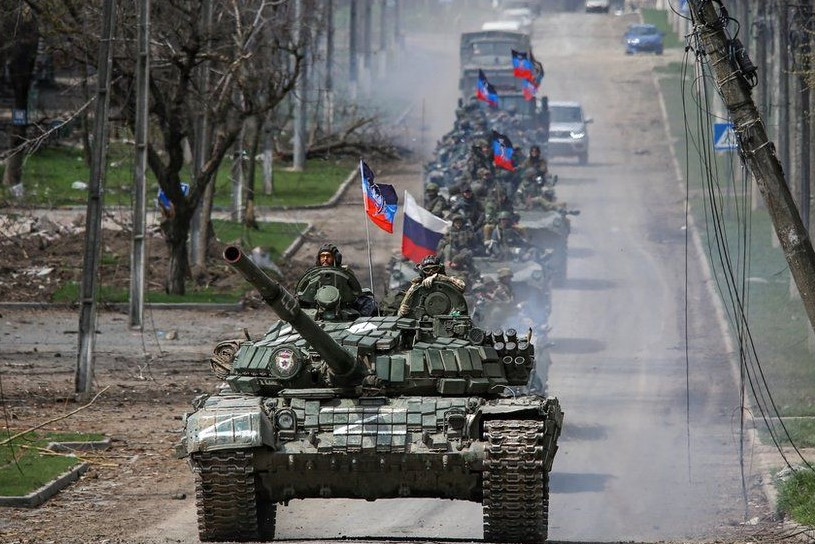Popular Reads
Top Results
Can't find what you're looking for?
View all search resultsPopular Reads
Top Results
Can't find what you're looking for?
View all search resultsEU envoy responds
The European Union has no sanctions on Russian (or anybody’s) wheat or fertilizer exports, nor do our sanctions apply to non-EU countries (no “extra-territoriality”).
Change text size
Gift Premium Articles
to Anyone
I
agree with Ambassador Ivanov in his article, “The true reasons behind the looming global food crisis” (The Jakarta Post, July 2), that even before Russia’s war in Ukraine a global energy and food problem was already emerging. Contributing factors were the disruption of global trade due to the COVID-19 pandemic, our unpreparedness for the fast post-COVID recovery and climate change to name just some.
I disagree with the ambassador’s suggestion that the rapid aggravation of the food and energy crisis is the result of western sanctions imposed on Russia.
Firstly, the European Union has no sanctions on Russian (or anybody’s) wheat or fertilizer exports, nor do our sanctions apply to non-EU countries (no “extra-territoriality”). Third countries who wish to do so can buy and import Russian agrofood products. The situation is the same for our energy measures.
Secondly, while EU sanctions lock some Russian banks out of the SWIFT money-transfer system, many others banks remain online. In other words, third countries remain able to pay Russian providers.
Third, Russian dry-cargo vessels can continue to operate internationally. The only risk is for vessels docking in EU ports that are owned by individuals or companies on the EU sanctions list. In third-country ports our sanctions do not apply.
Lastly, some African countries have been misled by Russian disinformation that EU sanctions prohibit them from purchasing from Russia. EU High Representative for Foreign Affairs Joseph Borrell has reached out to all African Union Foreign Ministers to try to dispel this notion. We are also running an information campaign to international banks and shipping firms.
Why, then, has the risk of a global food and energy crisis aggravated of late? It is because on Feb. 24 Russia invaded Ukraine, unprovoked and against the United Nations Charter and other international law. Ukraine is a world exporter of wheat and barley, fertilizers and vegetable oils. Around 20 percent of Ukraine’s territory is now occupied by foreign military.
Missile attacks (including against civilian targets) continue throughout the country. Critical infrastructure including grain-storage facilities have been bombed, supply lines cut. Much land is too dangerous to labor.
The war has forced an estimated 10 million Ukrainians to flee their homes (6.5 million have fled to the EU), with disastrous consequences for the domestic economy and labor market. Ukraine’s wheat production has slumped by almost 40 percent. Russia’s navy blocks the Ukrainian ports in the Black Sea. Twenty million tons of wheat kept in silos cannot be shipped to customers in Africa, the Middle East and Asia.
The EU is working with Ukraine, the UN and others to get the naval blockade lifted and to create alternative transport routes via land through neighboring EU member states.
The true answer to the problems in the world energy and food markets is an end to the war. This can only be achieved by Russia's withdrawal from Ukraine. Respect for the territorial integrity of states and the non-use of force are not only Western or European principles. They are the basis of all international law. Russia is trampling on it. To accept such a violation would open the door to the law of the jungle on a global scale.
Since we do not want to go to war with Russia, diplomacy and economic sanctions are now at the core of our response. Our sanctions are measured and targeted, and not the cause of the sudden aggravation of the global food and energy crisis. Russia’s unjustified aggression against Ukraine is.
***
The writer is EU ambassador to Indonesia and Brunei Darussalam.











